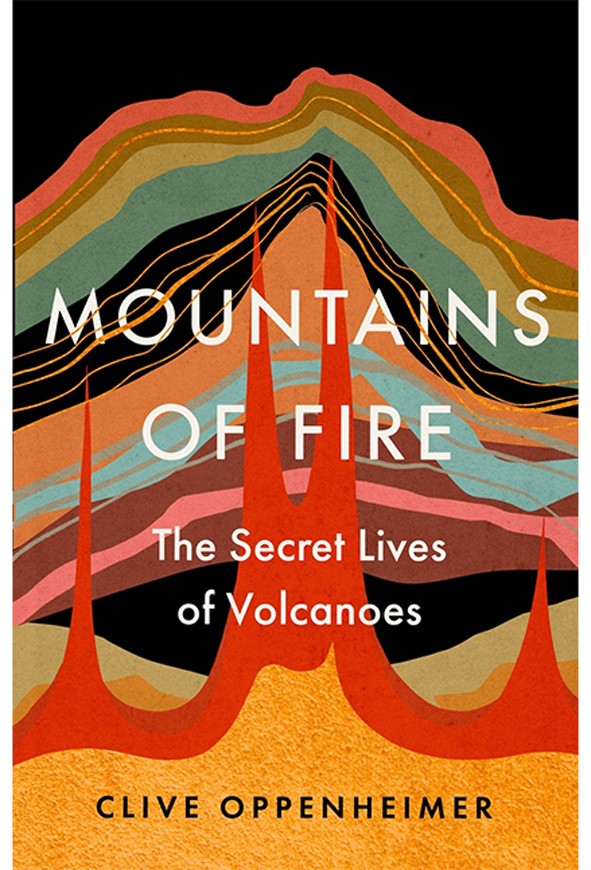
Mountains of Fire
Clive Oppenheimer Hodder & Stoughton (2023)
“Volcanoes loom at a thrilling crossroads of nature, spirit, climate, geology, technology, society and culture,” writes Clive Oppenheimer, without exaggeration. Think of how Naples in Italy is defined by Mount Vesuvius, or Tokyo by Mount Fuji. As a seasoned volcanologist, who has made two documentary films with director Werner Herzog, Oppenheimer conjures up volcanoes with science and humanity. Fired by his and others’ fieldwork at the crater’s edge, his appealing book is grounded in the reasoning of thinkers far from the flames and lava.

On Disinformation
Lee McIntyre MIT Press (2023)
Philosopher Lee McIntyre has written extensively on science denial and disinformation. His latest book — deliberately brief and accessible — analyses disinformation’s effect on US politics. He regards the self-proclaimed ‘patriots’ who stormed the Capitol in Washington DC after Donald Trump’s defeat in the 2020 presidential election as the result of “seventy years of lies about tobacco, evolution, global warming, and vaccines”. The final chapter offers ten ways to end the war on truth. The first step? “Confront the liars.”

Beetles of the World
Maxwell V. L. Barclay & Patrice Bouchard Princeton Univ. Press (2023)
Twentieth-century UK biologist J. B. S. Haldane remarked that, if God exists, he must have “an inordinate fondness for beetles”: they make up about one-quarter of known animal species. But there’s nothing inordinate about it, write coleopterists Maxwell Barclay and Patrice Bouchard. Beetle collecting seeded understanding of natural selection, and the group is Earth’s “most diverse and species-rich” — with almost 400,000 species described. Readers of this authoritative natural history, with its 300 exquisite photographs, will surely be astonished.

The Materiality of Numbers
Karenleigh A. Overmann Cambridge Univ. Press (2023)
Numbers are creations of the human mind; they do not exist in the natural world. “Scholars have been asking what numbers are and where they come from at least since the time of Plato,” notes cognitive archaeologist Karenleigh Overmann — by viewing numbers from perspectives as varied as philosophy, history, mathematics, logic, linguistics, psychology, animal studies, ethnography and archaeology. Overmann’s deeply researched study focuses on how numbers are materialized, for example with fingers, tallies, tokens and notation.

Off the Mark
Jack Schneider & Ethan L. Hutt Harvard Univ. Press (2023)
“Grades, tests and transcripts stand in the way of student learning,” write educationists Jack Schneider and Ethan Hutt in their broad analysis of what is wrong with US schooling. The IQ test — introduced into US schools in the 1920s — was once considered revelatory, but is now relegated. Pupil assessments should likewise be dropped, they argue, in favour of improvements designed to motivate learning, communicate meaningful information about student knowledge and synchronize a ‘broken’ system.
